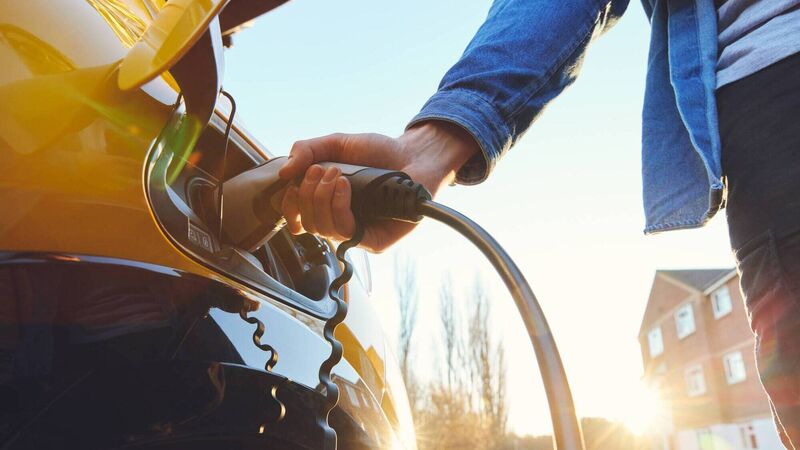Irish Examiner view: Where are all the fast chargers?

Targets are set for a reason, and the planet’s climate crisis would seem a very pertinent driver of change. It’s time to accelerate the process. File picture
Try from €1.50 / week
SUBSCRIBEA few years ago, having nearly 200,000 EVs on our roads would have been seen as a success. But, given that the Government’s target was for 1m, it’s fair to say our State’s ambition has exceeded its range.
And yet consider Norway, where almost every new car bought is an EV. True, the country has an enormous sovereign wealth fund and, true, everything in Norway is expensive. But it simply proves that where there’s a will, there’s a way. It is not uncommon to find a public charging site with as many as 24 bays, whereas the majority in Ireland would seem to be two or even just a single lonely sentinel, bar some on the motorways.
Already a subscriber? Sign in
You have reached your article limit.
Annual €130 €80
Best value
Monthly €12€6 / month
Introductory offers for new customers. Annual billed once for first year. Renews at €130. Monthly initial discount (first 3 months) billed monthly, then €12 a month. Ts&Cs apply.
CONNECT WITH US TODAY
Be the first to know the latest news and updates
Newsletter
Sign up to the best reads of the week from irishexaminer.com selected just for you.
Newsletter
Keep up with stories of the day with our lunchtime news wrap and important breaking news alerts.
Newsletter
Sign up to the best reads of the week from irishexaminer.com selected just for you.
Saturday, February 14, 2026 - 2:00 PM
Friday, February 13, 2026 - 10:00 PM
Saturday, February 14, 2026 - 2:00 PM
© Examiner Echo Group Limited